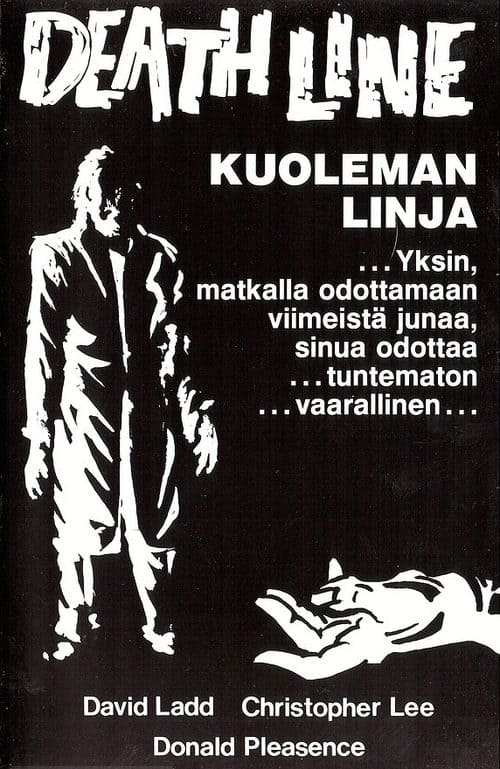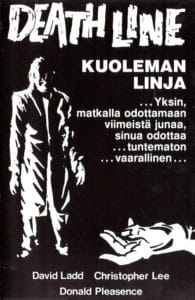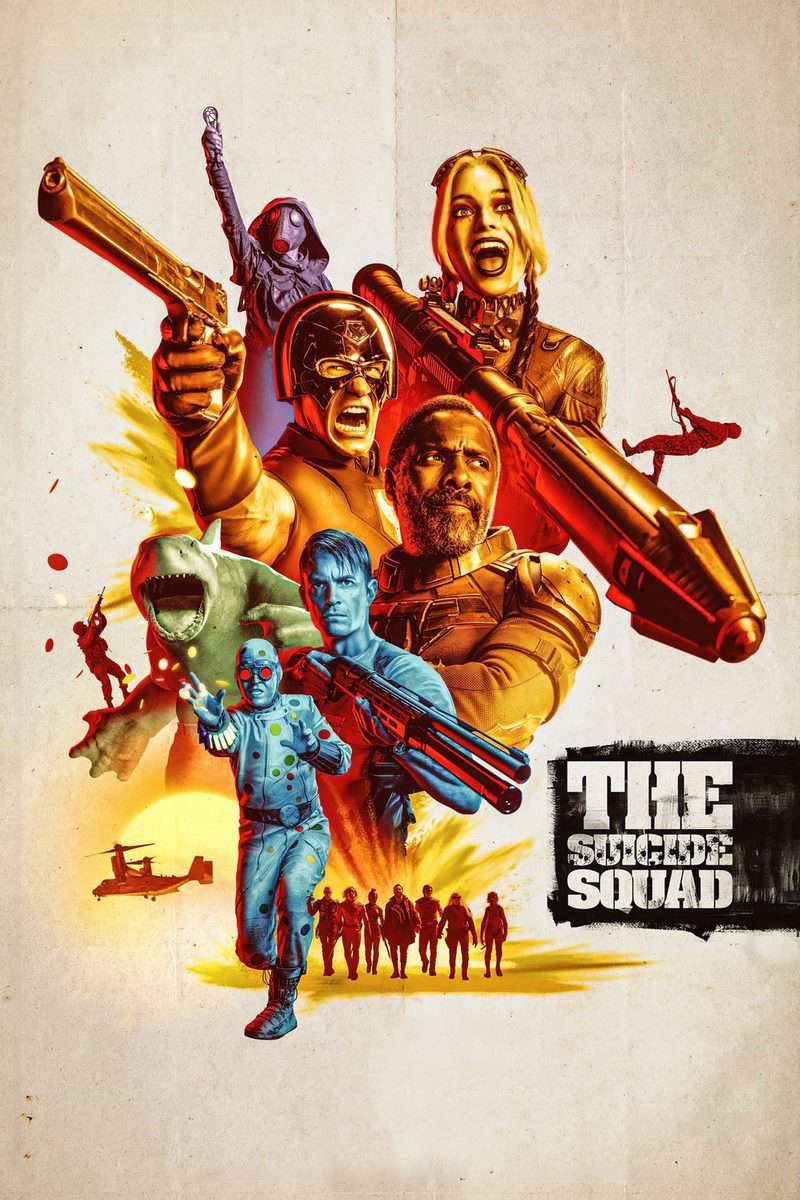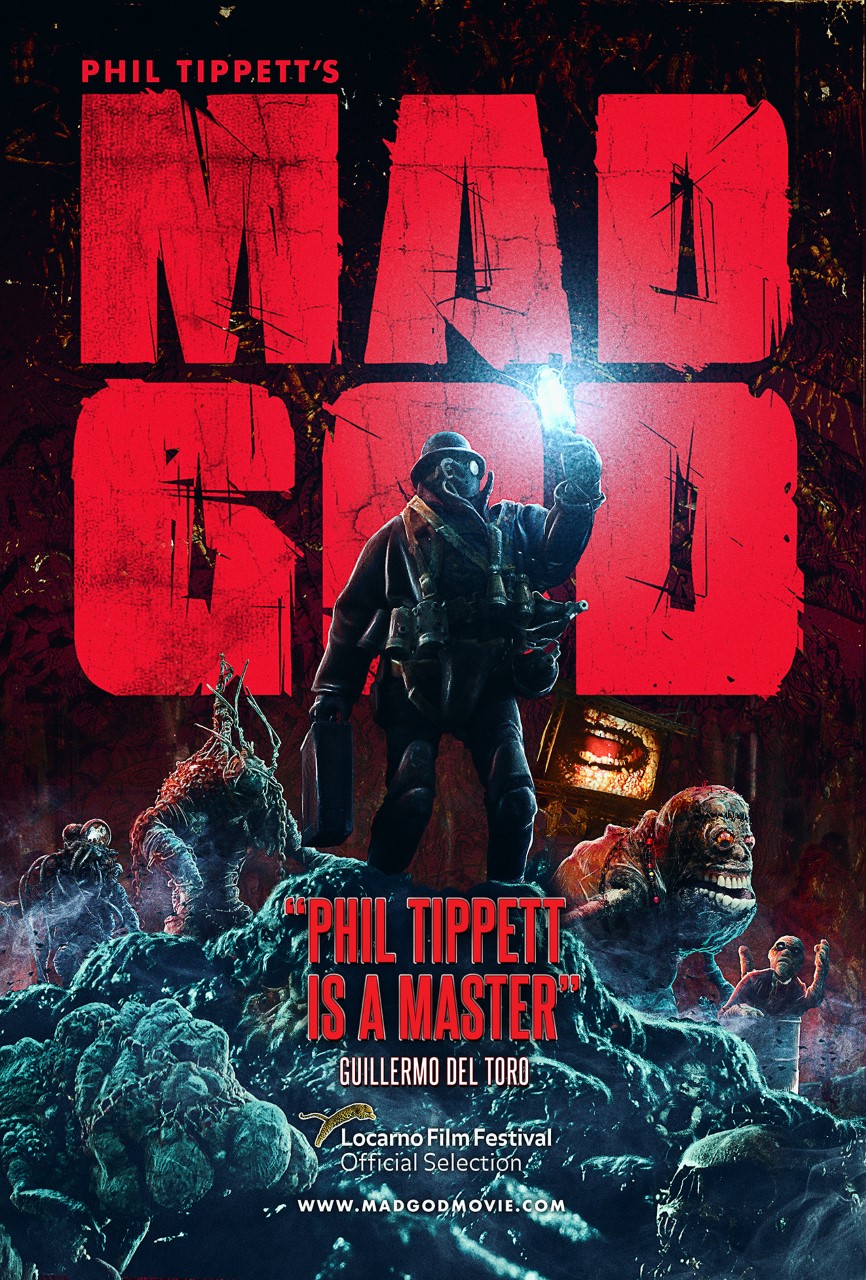
The somewhat obscure English cannibal horror film Death Line (known as Raw Meat in the US) boasts one of the great opening tracks in film music. Blurred, grainy shots of seedy burlesque clubs meld with “Main Theme.” A fat, echoing moog bass kicks off immediately, backed by a heavy crashing drum kit and the constant rattle of a tambourine. As this core pushes forward, improvised lead melodies from a variety of jazzy lounge instruments come to the forefront across the track’s four-minute length. It’s groovy, funky, and straddles the line between class and sleaze. “Main theme” would be equally at home backing scenes of 70s sexploitation films or in a roaring, cocktail-fueled club hidden away in London’s underbelly.
But Death Line is none of these. Instead, the film involves a cannibal hidden deep within the London underground who preys on innocent, unaware travelers. This makes the opening feel almost like a non sequitur or the opening to a different movie altogether.
The disparity is particularly noticeable with the rest of the score. Although the opening track is titled “Main Theme,” the musical concepts are never really adopted anywhere else in the score. Much of the remaining score is rather standard underscoring. It’s adequate, but never rises beyond pure function. The rest is overbearing experimentation, clashing with both what appears on screen and the film’s general tone. These moments typically arise during “fight” scenes, in which characters sloppily grapple with the cannibal. The score becomes a roar of synth anarchy, unleashing dissonance seemingly without structure or thought. The music’s chaos highlights the relative lack of rhythm or choreography in these action sequences, further straining their believability and immersion. It is simply experimentation gone too far.
Death Line was Wil Malone and Jeremy Rose’s (who for some reason is almost always omitted as a contributor) first foray into film music. Rose would never score for film again, while Malone is credited with only one other feature score (The Sea Purple, which released 37 years later). It is a shame, as their score has some interesting ideas and an absolutely brilliant opening. But, given the more standard song structure of “Main Theme,” it’s no surprise that Malone opted to work as a producer and arranger, collaborating with artists like Black Sabbath, Depeche Mode, Kylie Minogue, The Verve, and Massive Attack.
A video version of this review is also available on YouTube:



